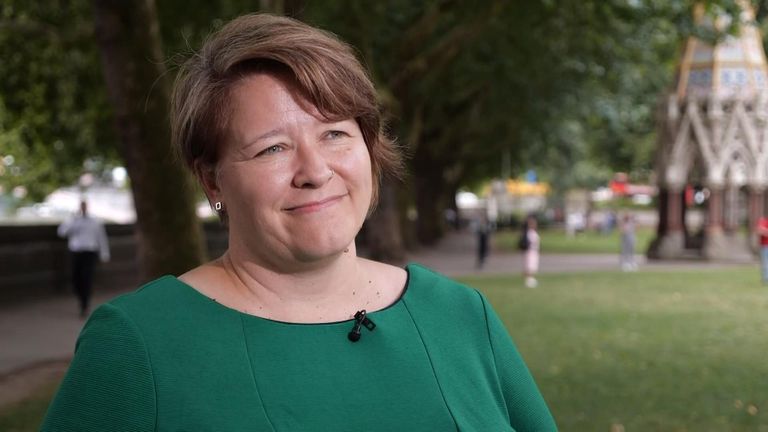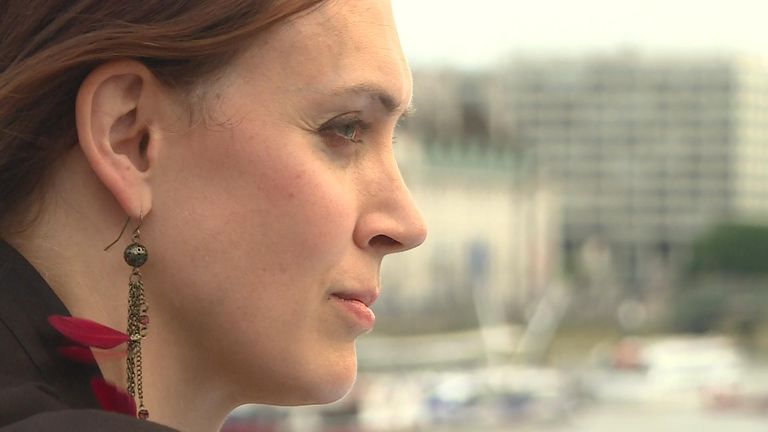UK’s acceptance of gay relationships has ‘plateaued’
Britain’s attitudes to same-sex relations have become as liberal as they are going to get, according to new research.
The British Social Attitudes (BSA) survey signalled that the country has “reached a point of plateau”, where acceptance of those not fitting within “conventional norms” appears to have levelled off.
But researchers predict there is “still some way to go” in terms of people’s attitudes towards members of the transgender community.
The bell-weather survey has been carried out since the 1980s although transgender questions have only been added more recently.
Some 66% of those polled in 2018 said same-sex relations were “not wrong at all”, down from 68% the previous year.
Nancy Kelley, deputy chief executive of the National Centre for Social Research said: “In 1983, people would have been happy to say they are not comfortable with same-sex relations.
“Obviously, attitudes have changed quite a lot since then.
“I think it’s reasonable to assume that we will see that same liberalisation as we saw in attitudes to gay and lesbian people with the trans community as the public becomes more accustomed to it.”
Hannah Taylor of the LGBT Consortium has been in a same sex relationship for the past 10 years.
She says tolerance and understanding has greatly improved in recent generations but there is still more work to be done.
She said: “When I was growing up in Stoke in Staffordshire, LGBT issues were never discussed.
“But with the internet and social media, people can tap into support.
“But I do fear that in the post-Brexit climate some people have become more emboldened to express their prejudices.”
The figures show more than four-fifths (83%) say they are “not prejudiced at all” towards transgender people, although 15% describe themselves as “very” or “a little” prejudiced.
While 49% said they viewed prejudice against transgender people as “always” wrong, 6% said it was “rarely” or “never” wrong.
Ayla Holdom is transgender and she came out in 2010 when she was in the RAF.
It meant she became the first openly transgender pilot in the military.
She now flies helicopters for the police.
She said: “The understanding of my colleagues has enabled me to focus on my career instead of gender identity.
“The job we were doing was really important and required effective crews to do that job safely and effectively.
“Coming out freed me up to focus on that in an authentic way that I hadn’t realised I’d never benefited from before.
“The people we rescued and their families didn’t care if the pilot was transgender.
“They just needed us to work together the best we possibly could.”
The survey covers a wide range of social issues.
Of the nearly 3,000 people polled, 74% said pre-marital sexual relations were “not wrong at all”, down from 75% the previous two years.
Source: Read Full Article




